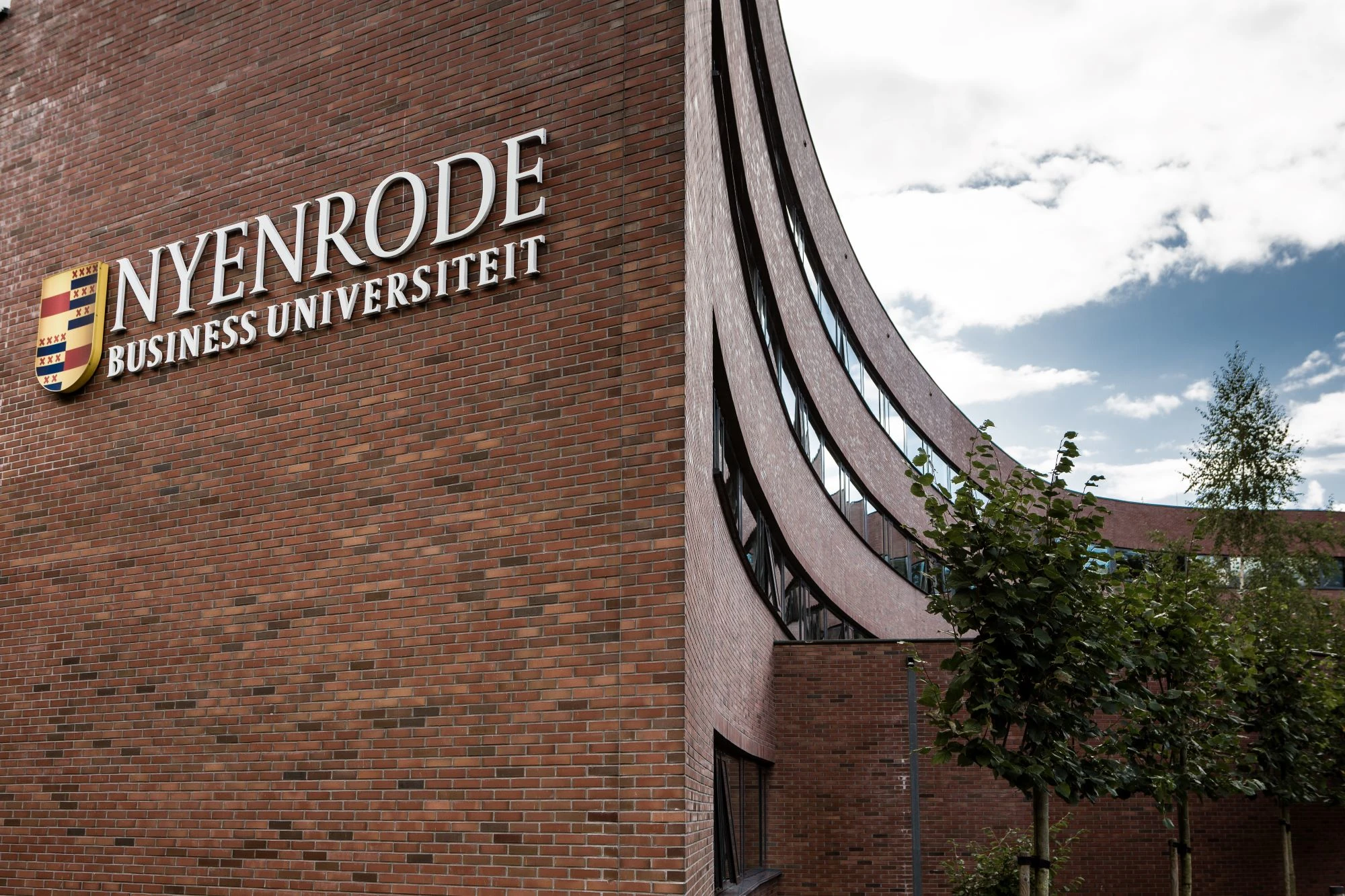Not often does the family business feature in a coalition agreement. But this time, the new coalition agreement does finally make mention of it: the new cabinet recognizes the importance of continuity of family businesses. The results of the RSM-Nyenrode Family Businesses Research Panel show that 92 percent of family businesses support the government’s efforts to make the business succession scheme simpler and fairer. However, only 18 percent of family businesses are confident that the cabinet will actually act in the best interest of family businesses.
Currently, family businesses can still use the current business succession scheme (bedrijfsopvolgingsregeling, BOR). Over a third of businesses are therefore considering transferring ownership of the business soon. In contrast, 44 percent of family businesses indicate that they expect it is more likely that ownership will be sold to third parties if the current BOR cannot be used.
Sold to third parties
The complexity of the BOR also plays an important role. In fact, for 20 percent of family businesses, the complexity of the BOR prompts them to consider selling their enterprise to external parties. Roberto Flören, RSM professor of family businesses at Nyenrode, finds the results of the study remarkable: “Family businesses are powerful companies, that add significant value to the Dutch economy. I therefore support the cabinet’s efforts to simplify the BOR; as do 92% of family businesses. It would be such a shame if the complexity of the BOR drives our cornerstone economy to sell off.”
Consequences of the COVID-19 crisis
Over a fifth of family businesses report that the COVID-19 crisis threatens the continuity of the business to a reasonable to very high degree. 28 percent of family businesses experienced a drop in sales as a result of the pandemic. On average, these family-owned businesses generated 27 percent less revenue in 2021 compared to 2019. Laura Bles-Temme, Head of Tax at RSM: “We know, of course, from previous studies that family businesses keep on more reserves in the business. Previous studies have also shown that family businesses relied less on government support packages such as the NOW (to support with a loss in turnover and continuation of wage payments) and the TVL (support towards overhead expenses). However, due to the effects of the COVID-19 pandemic, 20 percent of family businesses fear that they will not meet the continuation requirement set forth in the BOR.”
Application of the BOR
The application of the BOR is complex and uncertain in each individual situation. Consequently, 80 percent of family businesses indicate that they consider it important to enter into consultations with the Dutch Tax Administration (Belastingdienst) in advance to discuss how the BOR will affect their business transfer. However, the turnaround time for such reconciliation processes in business successions at the Tax Administration is very long at the moment. This can lead to a lot of uncertainty and, in the future, perhaps even disputes, Bles-Temme argues: “Our clients often want to transfer their business in consultation with and with the approval of the Tax Administration, but unfortunately a processing time of a year is not an exception. Not every company can or wants to wait that long. We see that entrepreneurs decide to sell their business to third parties during the reconciliation process because the process takes too long and there is too much uncertainty. It would be very unfortunate if the survival of family businesses in the Netherlands were to be jeopardized by the government setting different priorities.”
About the RSM-Nyenrode Family Business Research Panel
In 2019, RSM and Nyenrode Business University started a research panel that focuses on family businesses. Currently, nearly 100 larger family businesses participate in the panel and this number is steadily increasing. The vast majority of the respondents are actually director and/or owner of the family business.

